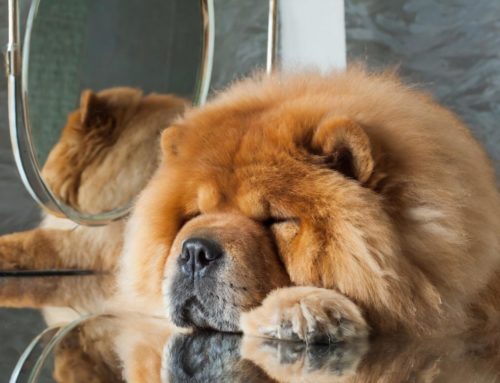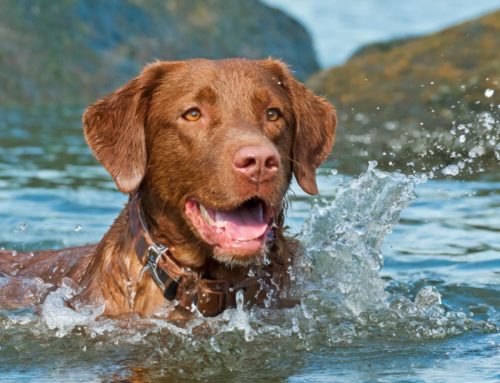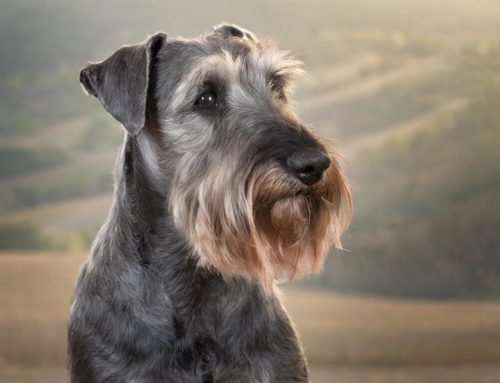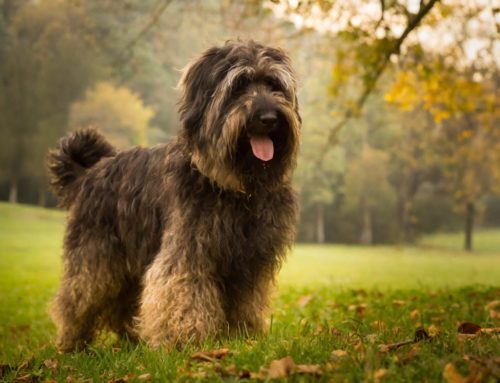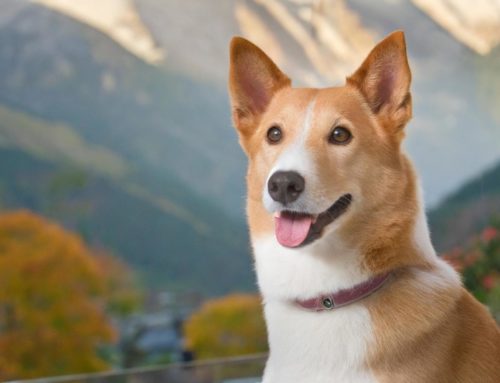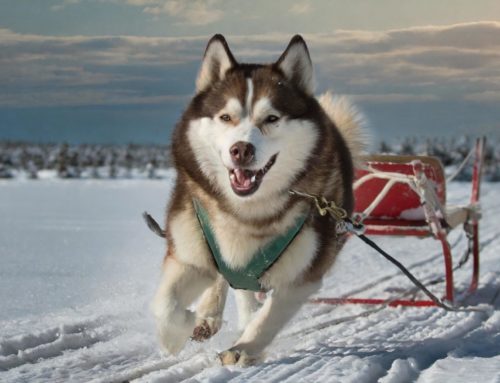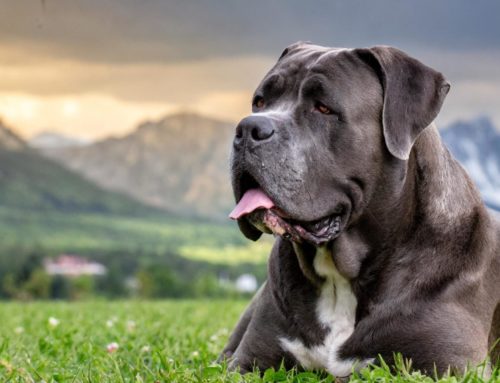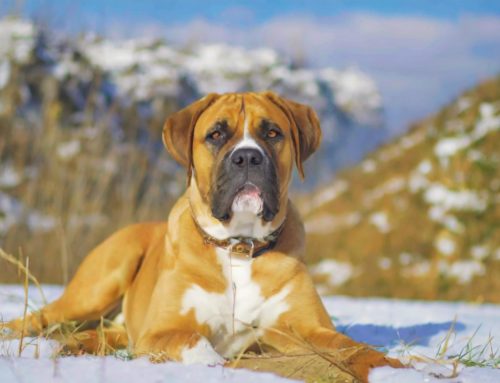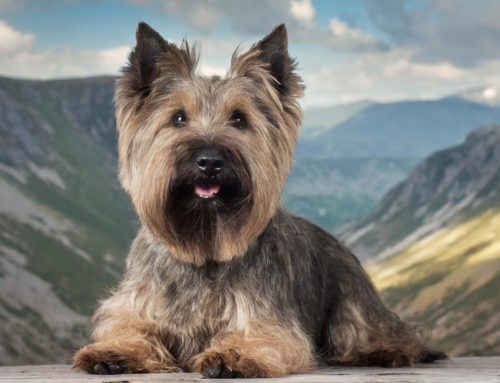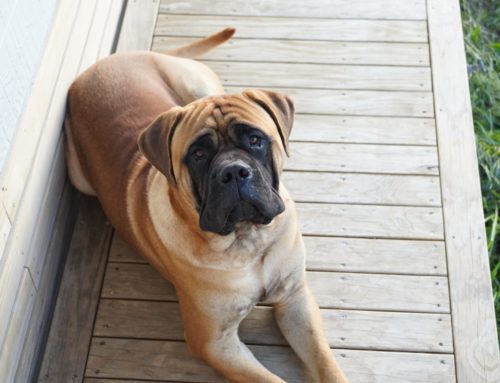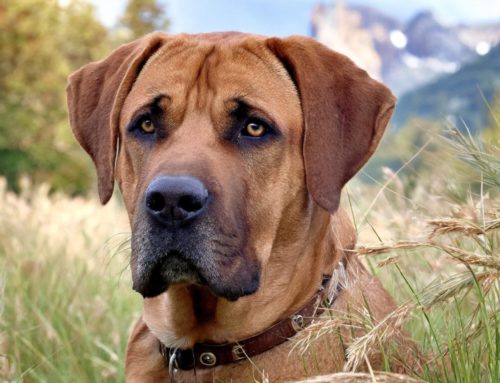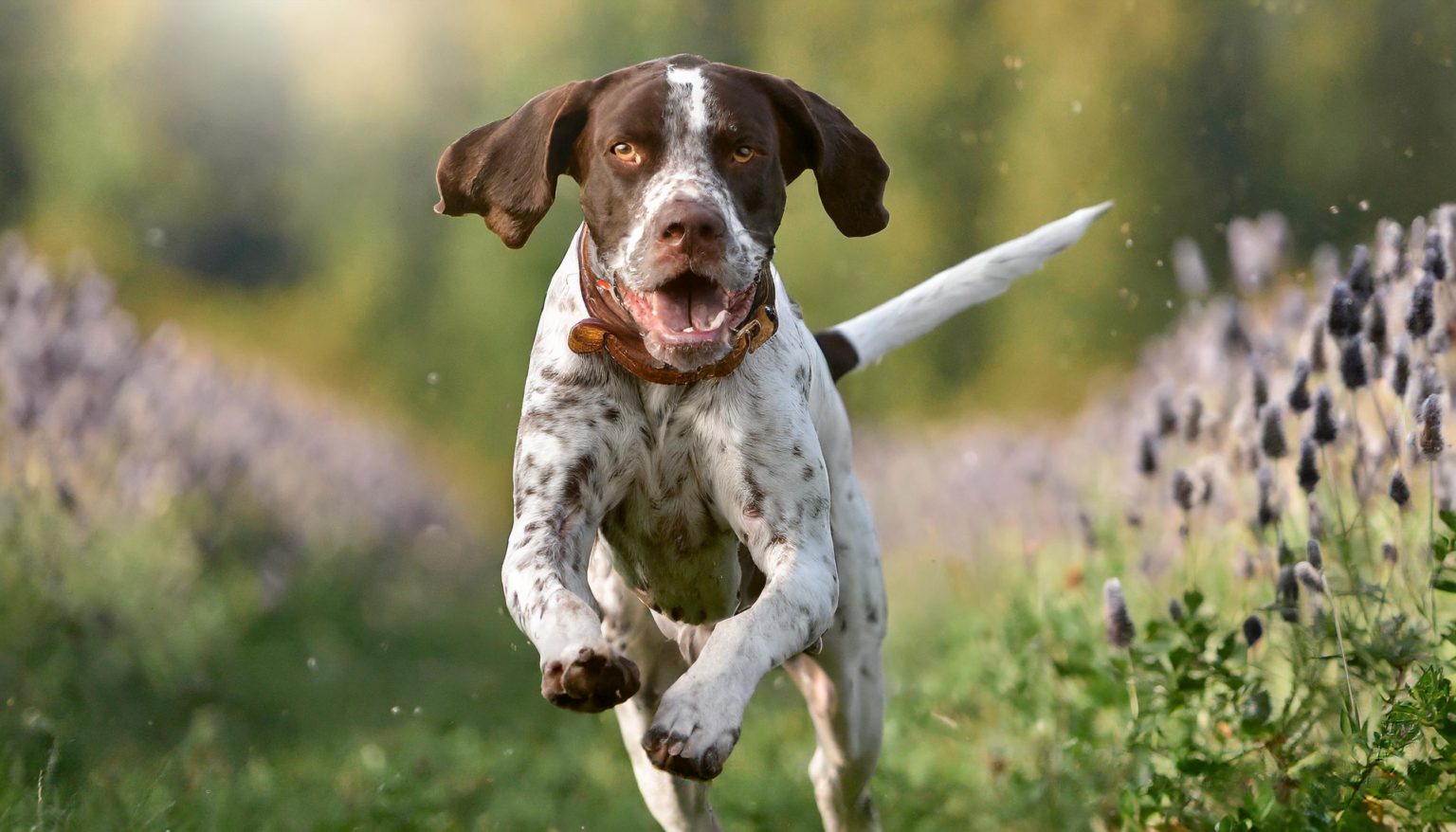
The Braque Français, a medium-sized dog breed native to France, has a long history dating back many years.
The breed is known for its leading qualities as a hunting dog and is known for its excellent nose, making it a favourite among hunters. This breed consists of two types: the Braque Français Type Pyrénées and the Braque Français Type Gascogne. The Pyrenees type is lighter and smaller, while the Gascogne type is larger and heavier.
The Braque Français is an intelligent and obedient dog, known for its sensitive and friendly nature. These dogs are easy to raise and train, and they make an excellent family companion dog. Their short-haired coat, which is usually white with spots, is relatively easy to maintain.
These breeds are closely related to the Spanish Pointer or Perdiguero de Burgos and share many characteristics with other European front-row dogs such as the German Pomeranian and the Bracco Italiano. Notable is their dignified and friendly temperament, which makes them suitable for both work and family life.
The Braque Français needs consistent training and plenty of exercise to stay stimulated both physically and mentally. Their history as a hunting dog is still prominent, evidenced by their excellent sense of smell and love of fieldwork.
pyrénées type and gascony type
The Braque Français, a French hunting dog breed, has two types: the Pyrénées type and the Gascony type. These types differ in some notable characteristics:
Withers Height and Weight: The Pyrénées type is smaller and lighter with a shoulder height of about 62 centimetres for males, while the Gascogne type is larger and heavier, with a shoulder height of about 64 centimetres for males.
Appearance: The Gascogne type has a more robust and heavier body, while the Pyrénées type is slimmer and quicker. Their coat is generally short-haired, with variations from brownish grey to solid brown, often with markings above the eyes, on the lips and on the legs.
Character: Both types are known for their intelligence, obedience and excellent sense of smell. They are sensitive and can be easily trained, provided they feel they are appreciated by their owner. They are gentle and are extremely pleasant company.
Use: Both types are excellent hunting dogs with a strong aptitude for retrieving. The larger and heavier Gascony type is often used for hunting larger game, while the faster Pyrenean type is more suited to hunting in rougher terrain and smaller game.
Origin: The Braque Français Gascogne is related to the Spanish Pointer or Perdiguero de Burgos, and comes from the region of Gascony. The Pyrénées type comes from the Pyrenees region.
FCI Group 7 Pointing dogs
The Braque Français belongs to FCI Group 7, the group of the upright dogs. This type of dog, also known as pointers, is characterised by their ability to point at game while hunting.
The Braque Français is known for its intelligent, energetic, and affectionate nature. They tend to be medium to large in size and have a strong, muscular build, which makes them suitable for active roles such as hunting or retrieving.
The breed is easy to train and is known for its obedience and adaptability, making them excellent for various dog sports and activities.
The appearance of the Braque Français
The Braque Français, a breed that originated in the French Pyrenees, is a medium-sized, elegant and intelligent hunting dog. This breed is known for its sensitivity and good nose, which makes it an excellent hunting dog. There are two types of this breed: the larger Gascony type and the slightly smaller Pyrénées type.
The Braque Français has a rustic appearance with a strong and athletic build. Its coat is usually short and smooth, with colours ranging from white with brown or orange patches to sometimes an almost solid brown. Their excellent sense of smell makes them ideal hunting dogs, and they have been used for hunting in the Pyrenees for many years.
Hereditary diseases and conditions
- Hip dysplasia: A common problem in medium and large dog breeds, where the hip joint is not formed correctly, which can lead to arthritis and mobility problems.
- Elbow dysplasia: Like hip dysplasia, this is a joint problem that can cause pain and limited mobility.
- Ear infections: Because of their drooping ears, Braque Français dogs are more prone to ear infections, which should be checked and cleaned regularly.
- Skin allergies: These can range from food allergies to environmental allergies, which can cause skin irritation and itching.
- Progressive Retinal Atrophy (PRA): An eye condition that can eventually lead to blindness.
- Epilepsy: A neurological disorder that manifests in the form of seizures.
- Bloat or Stomach Torsion: This is a serious condition in which the stomach twists and swells, which can be life-threatening and requires immediate veterinary care.
- Patellaluxation: This is a condition in which the kneecap shifts out of its normal position, which can cause pain and lameness.
The character of the Braque Français
Coming from France, the Braque Francais is known for its intelligent and sensitive nature. Known for many years, this breed stands out for its excellent hunting skills and remarkably good nose. Breeders over the years have worked towards a dog that is not only an excellent hunter, but also a pleasant companion dog.
This breed comes in two types, Pyrenean and Gascony. Both breeds share a sensitive nature and are well suited to living with families. They are known for their gentle approach and are good with children, as long as they are well socialised from a young age.
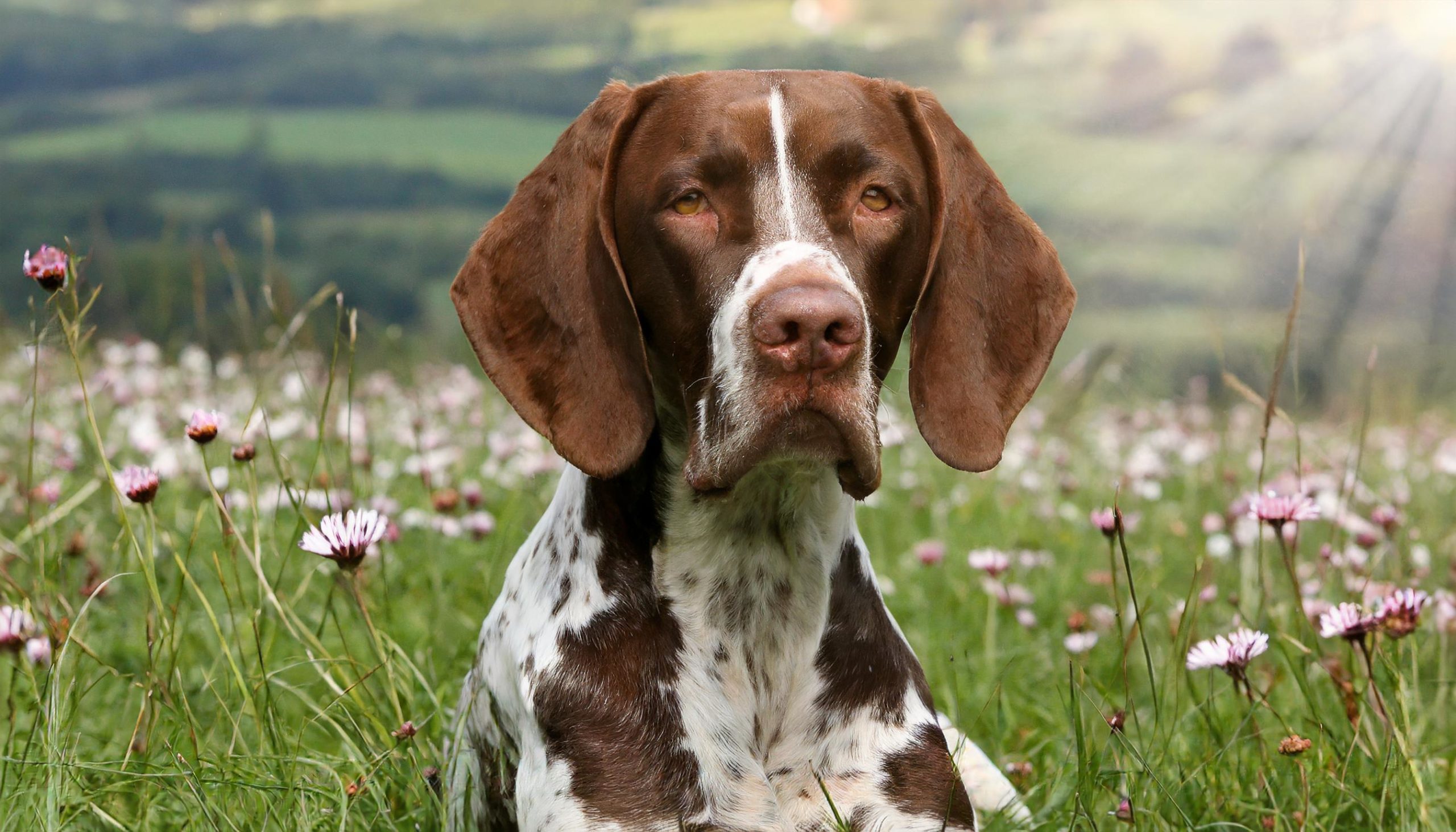
The Care of the Braque Français
The care of the Braque Français requires attention and knowledge, both for its physical and emotional well-being. This medium-sized dog breed, ranging in type from Pyrenees to Gascony, is known for its sensitive nature and intelligent temperament.
Taking care of these dogs goes beyond their physical needs; they also need mental stimulation and appreciation from their owner. It is important to understand that these dogs, known for their excellent hunting skills and remarkably good nose, need plenty of exercise and challenge to stay happy.
The Braque Français’ coat is relatively low-maintenance, but regular brushing helps to remove loose hairs and dirt. Attention to their diet and weight is also crucial, especially as this breed can be prone to obesity.
Socialisation and upbringing of the Braque Français
Socialisation and upbringing of the Braque Français are essential for the development of this intelligent and sensitive dog breed. Start socialisation from an early age by introducing your Braque Français to different environments, sounds, people and other animals. This helps to develop a confident and well-adjusted dog.
Training a Braque Français requires a patient and consistent approach. They are known for their keen intelligence and learn quickly, but they appreciate a gentle hand and positive reinforcement. The use of rewards and praise works well with this breed. They do not respond well to harsh training methods.
Because of their background as hunting dogs, Braque Français have a strong urge to explore and hunt. Training in obedience and recall is therefore crucial. It is also important to manage and channel their natural hunting instinct through activities such as fetch games or organised hunting sports.
How much experience does a Braque Français require
A Braque Français is an intelligent and sensitive dog breed, suitable for both experienced and inexperienced dog owners. However, some aspects of caring for this breed may benefit from some experience knowledge. For inexperienced owners, it is important to understand that the Braque Français requires regular training and mental stimulation.
Their intelligence and energy require consistent training and plenty of exercise. Despite learning quickly, they can also be stubborn, requiring patience and perseverance.
Experienced owners will appreciate that the Braque Français excels in obedience and hunting sports, and may enjoy developing these skills further. Knowledge of positive training methods and experience managing the dog’s hunting instinct can be very helpful.
Is training necessary?
Training is absolutely necessary for the Braque Français, a dog breed known for its intelligence, energy and hunting instinct. Originating from France, this medium-sized dog needs a consistent and positive training approach to reach its full potential.
Because of their intelligence and sensitivity, Braque Français dogs respond well to positive reinforcement and reward-based training techniques. Early socialisation is crucial to help them become a well-adjusted and balanced dog.
Training not only helps manage their natural tendencies, such as hunting and exploring, but also promotes their mental stimulation and maintains a strong bond between the dog and its owner.
A lack of adequate training and mental challenge can lead to unwanted behaviour, such as destructiveness or excessive barking, especially if the dog gets bored or frustrated. Regular training sessions, combined with sufficient physical activity, are therefore essential to keep a Braque Français happy, healthy and well-behaved.
How much exercise does a Braque Français need?
The Braque Français is an energetic and active dog breed that needs a considerable amount of daily exercise to stay physically and mentally satisfied. A former hunting dog, they possess a natural urge to explore and move, which makes them excel at activities that challenge both their bodies and minds.
On average, a Braque Français needs at least one to two hours of exercise a day. This exercise can include walks, running, playing and training. Activities such as fetch, swimming, and agility training are excellent ways to get rid of their energy and stimulate them. It is important to adapt the Braque Français’ exercise routine to their age, health and energy level.
Young and energetic dogs can handle more intense and prolonged activities, while older dogs do better with quieter and shorter sessions.
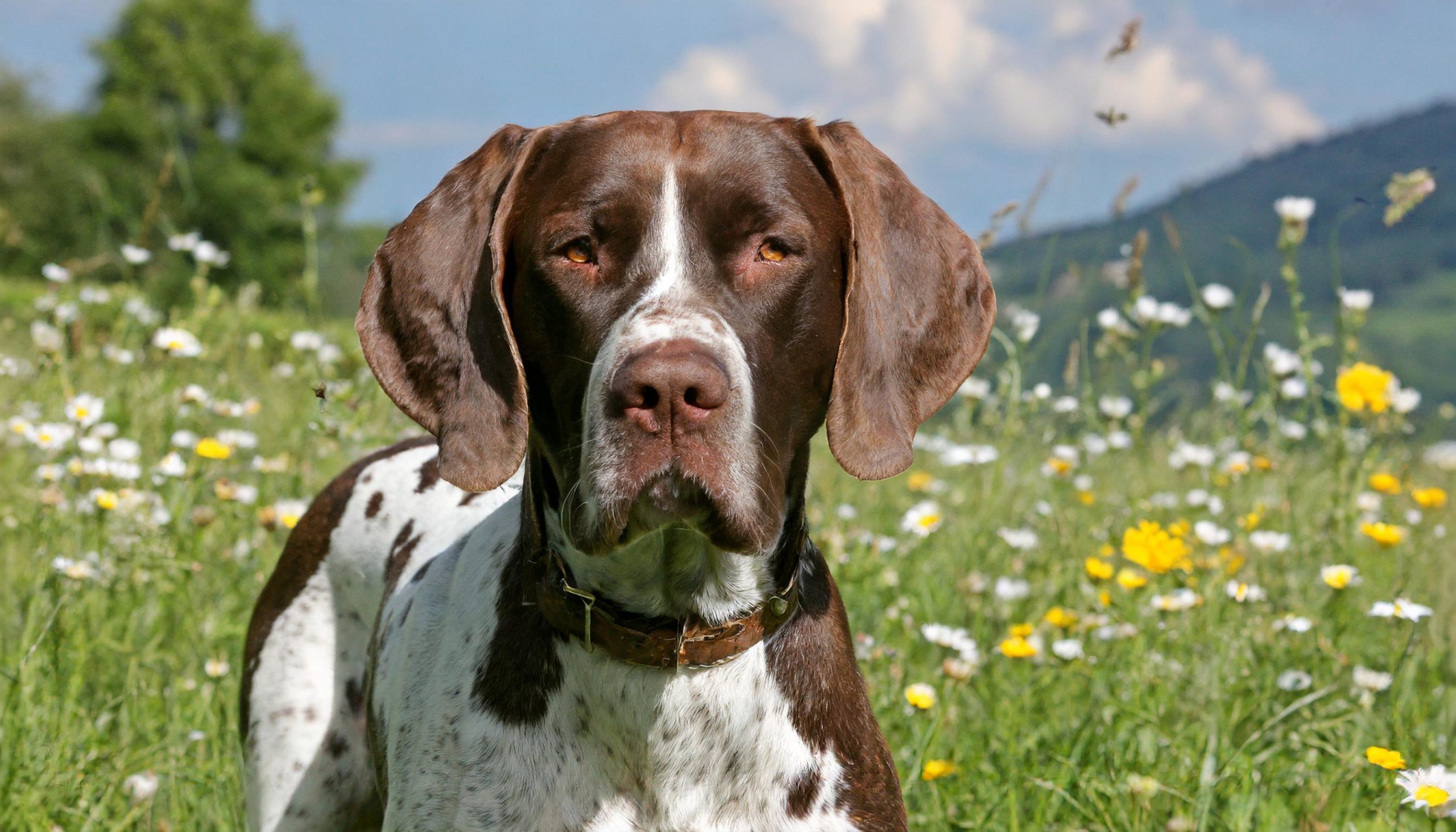
How is it getting along with children?
The Braque Français is known for its gentle and affectionate nature, which makes it an excellent companion dog, even in families with children.
Thanks to their intelligent and sensitive nature, they get along well with children of all ages. They are patient and often tolerant, which makes them a good choice for a family pet.
These dogs often understand the vulnerability of young children and usually treat them with care. Their medium-sized size makes them robust enough to play without being too vulnerable, yet not so big that they can accidentally knock over a child.
Advantages of a Braque Français
- Intelligence: This breed is known for its keen intelligence and trainability, which makes them suitable for various dog sports and activities.
- Affectionate nature: They are known for their loyal and loving nature, which makes them excellent companion animals.
- Good with children: Their patient and gentle nature makes them a good choice for families.
- Active and Energetic: They have lots of energy and enjoy outdoor activities, making them suitable for active families or individuals.
Disadvantages of a Braque Français
- Exercise needs: They require a lot of exercise and mental stimulation. Without sufficient activity, they can become destructive or restless.
- Sensitivity: They can be sensitive and need a consistent but gentle training approach.
- Health problems: As with many breeds, they can be prone to certain hereditary health problems, making regular veterinary care essential.
- Care: Their coat requires regular grooming to stay in good condition.
How old a Braque Français gets
The Braque Français is a robust and healthy dog breed known for its relatively long lifespan, especially compared to other medium to large dog breeds. In general, a Braque Français can be expected to have a lifespan of around 12 to 14 years.
However, this depends on several factors, including genetics, living conditions, nutrition and the general health care the dog receives.
Price of a Braque Français
The Braque Français, celebrated for its adaptability in pointing, athletic prowess, and devotion, is somewhat of a rarity in the United States. Here’s an overview of what to anticipate in terms of pricing, comparable breeds, and additional pointers:
Cost of a Braque Français Puppy in the U.S.:
- Price Range: The cost for a Braque Français puppy from a distinguished breeder is anticipated to be between $1,000 and $2,500.
Price Influencing Factors:
- Breeder’s Reputation: Puppies from well-regarded breeders with proven pedigrees or hunting capabilities are likely to command higher prices than those from emerging breeders.
- Pedigree Certification: Puppies registered with the American Kennel Club or similar organizations will fetch a higher price.
- Geographical Location: Prices can escalate in regions with a higher cost of living.
- Puppy versus Adult: Typically, adult Braque Français dogs may be priced lower than puppies.
Breeds with Similar Traits:
For enthusiasts of the Braque Français’s attributes but looking for more accessible options, consider these breeds within the U.S.:
- German Shorthaired Pointer (GSP): Renowned for its versatility and keenness, with prices usually between $800 and $2,000.
- English Pointer: Esteemed for its graceful hunting skills and endurance, generally priced between $800 and $2,000.
- Weimaraner: Noted for its distinguished silver coat and fidelity, with a price range of $1,000 to $2,000.
Additional Recommendations:
- Conduct Thorough Research: These dogs thrive on activity and mental engagement. Confirm that their lifestyle requirements are compatible with yours.
- Visit the Breeder: Evaluating the breeder’s facilities and meeting the pup’s parents can provide insights into their health and temperament.
- Importance of Early Training: Their intelligence makes them responsive to training, but early socialization is vital for their well-being.
- Exercise Requirements: Adequate daily exercise and engagement are essential to satisfy their natural instincts and maintain their health.
Locating a Braque Français Breeder:
- Breed Enthusiasts’ Clubs: Associations dedicated to the Braque Français might offer directories of reputable breeders.
- Kennel Club Listings: Exploring kennel club listings could assist in finding local breeders. Direct inquiries regarding availability and specifics are recommended.
